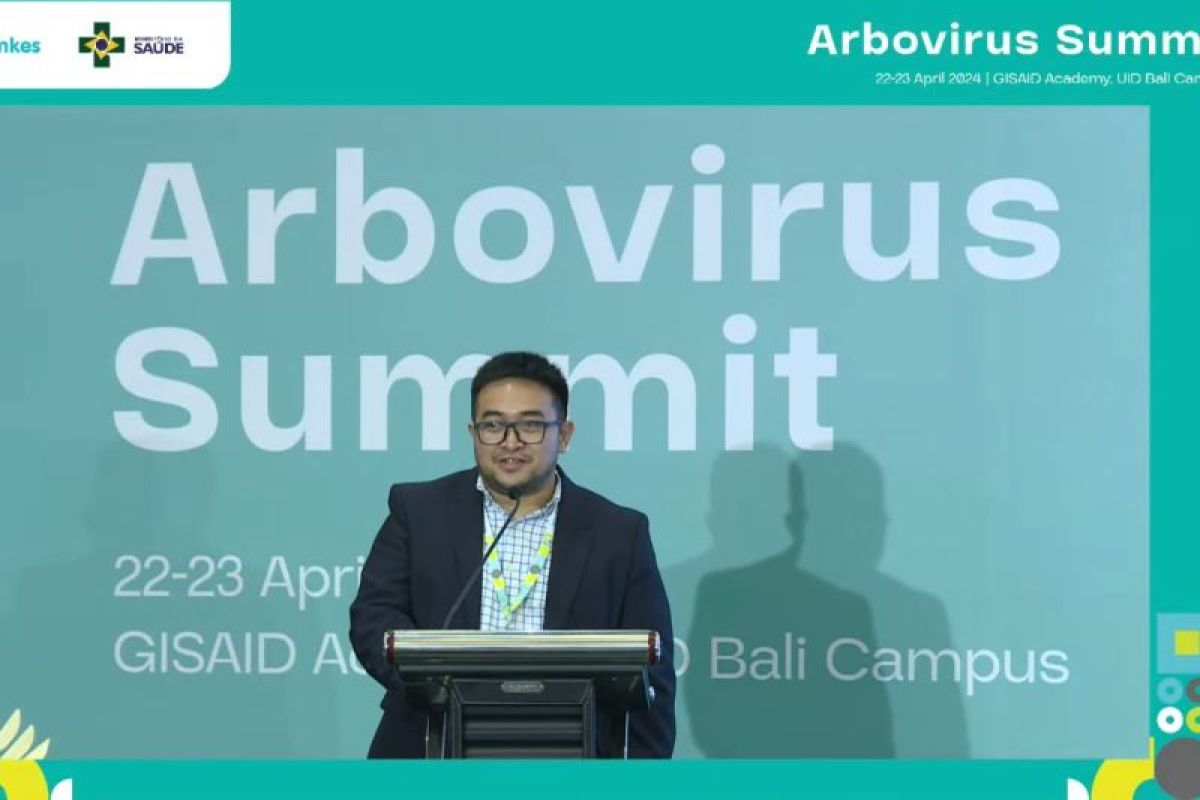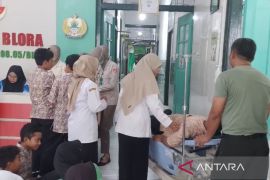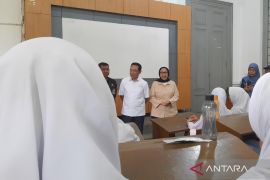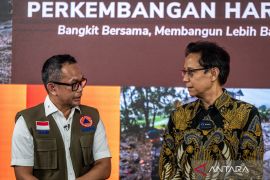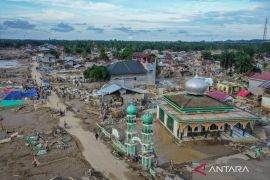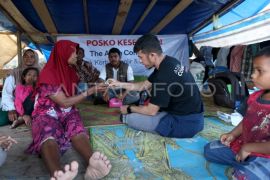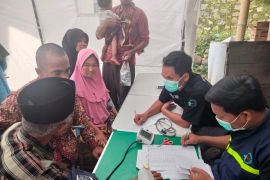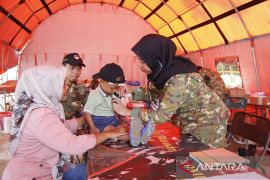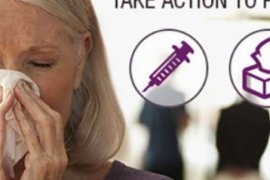During the Arbovirus Summit, which was broadcast on the Health Ministry's official YouTube channel on Tuesday, he informed that the primary strategy to handle viral infections is controlling the factors, as seen in the use of pesticides and Wolbachia mosquitoes.
"However, there is no guarantee that the alternative strategy in the future can really eliminate arboviruses. Therefore, we also need to protect ourselves by building our immunity," he added.
For example, in the past, pesticides were widely used to reduce mosquito populations. However, currently, many insects are resistant to pesticides. Hence, Rudiansyah deemed vaccines important for handling arboviruses.
He said that currently, there are some vaccines for arboviruses, such as the yellow fever vaccine taken by travelers or people living in endemic countries.
"And there is chikungunya (vaccine) that currently has just been licensed. But, the usage of this vaccine is still limited, mostly in the US. And there are several vaccines for Japanese encephalitis. Three of these vaccines have been granted PQ (prequalification) by the WHO," he added.
He also suggested Dengvaxia for dengue seropositive patients.
Rudiansyah said that besides the arboviruses that cause diseases in humans such as dengue, chikungunya, and zika, there are those that cause lethal infections in livestock, such as Rift Valley Fever (RVF), which could pose a risk to the economy.
"And, also, there is a lot of arboviruses that also can become the cause for the next epidemic, such as CCHF (Crimean-Congo hemorrhagic fever)," he added.
He highlighted that currently, there is only one vaccine against CCHF, and there are only two vaccines against RVF, thus there is a need to diversify vaccine development to tackle pathogens which, in the near future, could pose the risk of an epidemic.
He said that all the technology for vaccine development, diagnosis, and treatment would be useless if there is no equity in its distribution. In view of this, he deemed technology transfer necessary.
The case with mRNA, which was successful in amping up protection against COVID-19, opened up opportunities to replicate the technology to counter outer diseases, he added.
"Therefore, in order to promote equity, the WHO and the MPP started the mRNA technology transfer programs in order to (make) local manufacturing capable of producing mRNA vaccine and strengthen their pandemic preparedness," he explained.
The technology was then transferred to 15 partners, including Bio Farma, at Indonesia's behest.
Related news: Govt affirms importance of housewives being educated about arbovirus
Related news: Health Minister pushes Wolbachia for dengue fight at Bali summit
Related news: Climate change driving up dengue infections: Ministry
Reporter: Mecca Yumna Ning Prisie
Editor: Azis Kurmala
Copyright © ANTARA 2024
